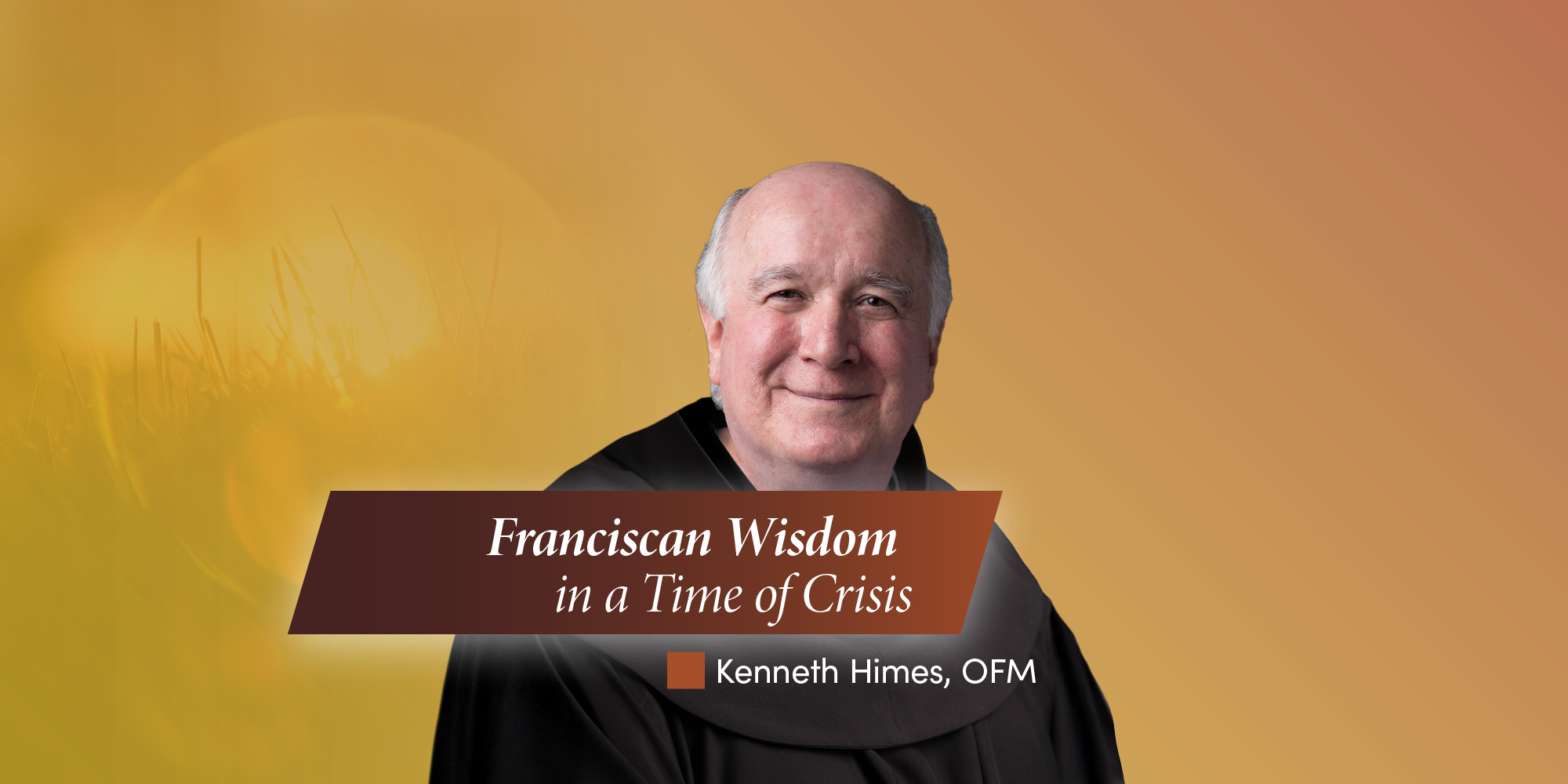Universal Fraternity and Global Institutions
Author: Kenneth Himes, OFM
Date Published: August 20, 2025
At the beginning of his message to the Pontifical Academy of Sciences, written from his hospital room on February 26, Pope Francis observed that we are in the midst of what he called a “polycrisis.” By the term he meant an “historical juncture . . . in which wars, climate changes, energy problems, epidemics, the migratory phenomenon and technical innovation converge.” To his mind it is a time of “complex and planetary crisis,” one that urges us “to value instruments with a global reach.
Unfortunately, as he noted, there is also a “progressive irrelevance of international bodies.” Yet, Francis urged, quoting himself from the encyclical Fratelli tutti, “we must continue to commit ourselves with determination for ‘more effective world organizations, equipped with the power to provide for the common good, the elimination of hunger and poverty, and the sure defense of fundamental human rights.
At Vatican II, the bishops proclaimed that “the promotion of unity belongs to the innermost nature of the Church” and that the Church serves as a “sacramental sign” of “the unity of the whole human race”2 Pope Francis took that teaching to heart and tied it to his reflection on the parable of the Good Samaritan in Fratelli tutti. That parable is the interpretive key to the entire encyclical as Francis saw in the Samaritan someone who could transcend borders and boundaries to engage the wounded victim lying on the road as a fellow human being with dignity and worth.
The entire encyclical is meant to illustrate that fraternity in the true sense is universal; and “universal fraternity necessarily calls for an acknowledgement of the worth of every human person always and everywhere.”3 That is what is required in order for the Church to be an authentic sign of the unity of the human race. Pope Francis went on to claim such universal fraternity entails the commitment that “every human being has the right to live with dignity and to develop integrally.” Such a commitment ought not be premised on the circumstance of where one lives, but “on the intrinsic worth” of each person.
Of course, it is impossible for us to witness to fraternity in the same way with people halfway around the world as we do with a fellow friar in the province. But Francis, in his address to the U.N. General Assembly, indicated the way to approach the matter when he stipulated that “justice is an essential condition for achieving the ideal of universal fraternity.”5 If we claim someone is our brother or sister the very least we owe them is to respect their dignity and promote those fundamental human rights that protect that dignity.
In thinking this way, Francis was continuing on a path laid out by his predecessors. For instance, Benedict XVI made clear that social action is the “institutional path – we might also call it the political path of charity, no less excellent and effective than the kind of charity which encounters the neighbor directly.”6 Justice is understood as the political expression of charity, or the translation of charity into the institutional arrangements of society.
We might say that social institutions become the mediators of universal fraternity when dealing with distant brothers and sisters who we will not encounter personally.
Francis made clear that is how we should think about the realm of politics as lesser brothers to others; “charity finds expression not only in close and intimate relationships but also in ‘macro-relationships: social, economic and political.
Hence, we friars ought to care for international institutions and structures such as the U.N., World Bank, International Monetary Fund, World Health Organization, and various international treaties and agreements, because political charity or justice is a “force capable of inspiring new ways of approaching the problems of today’s world, of profoundly renewing structures, social organizations and legal systems from within.”8 Franciscans International and the Franciscan Action Network are just two of the groups who monitor and engage with political and economic institutions; there are a host of other NGOs also laboring in the field of structural and institutional justice.
The famous slogan of the French Revolution of 1789 was Liberté, Égalité et Fraternité. Since then various liberal and socialist political schemes claiming inspiration based on liberty or equality have been implemented across the globe. What has been largely neglected is a politics founded on fraternity. Pope Francis, in keeping with the broad tradition of Catholic social thought, held up the ideal of fraternity as an aspiration for Christian believers in response to the polycrisis of our time. If we as Franciscans, the order of lesser brothers, do not act on such an aspiration, how could we not be seen as failing to seize the moment?

